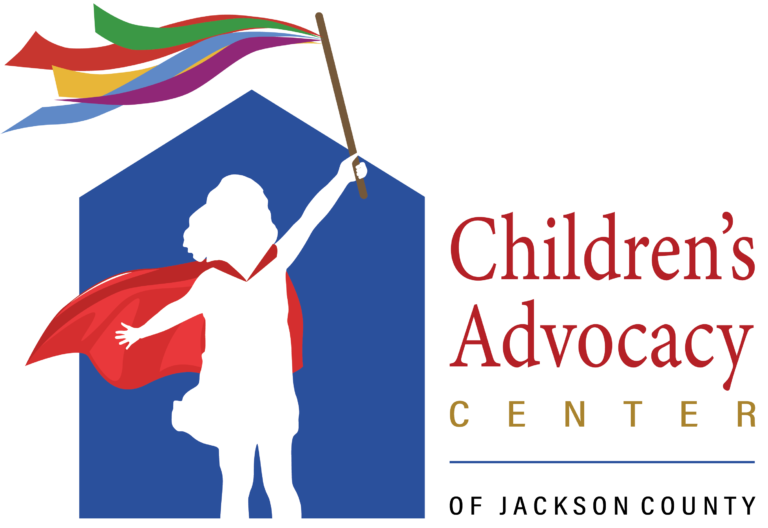By Summer Lewis, Internet/Social Media Contractor for the Children’s Advocacy Center of Jackson County
The beginning of a new year is a great time to regroup, reevaluate and recommit to a new plan of action for protecting your kids from abuse. By knowing what to do and making a few simple changes, you can effectively and dramatically reduce the risk your children will be sexually abused.
Here are 5 actions you can take this year to jump-start your plan to prevent child abuse from impacting your family.
- BE AWARE:
Begin by taking a critical look at your closest relationships — friends, family members, caregivers and any other adults in your child’s life. Accept the uncomfortable reality that your children are more likely to be abused by someone they know (and you trust.) Trust your gut and take action to minimize opportunities and/or remove any safety threats. Particularly avoid one-on-one child/adult situations. More here: https://www.d2l.org/education/5-steps/step-2/
- TALK:
Talk openly and often about sexual abuse with your children. Use age appropriate language to talk about bodies and boundaries. Use everyday opportunities to start conversations. It can be awkward, uncomfortable and easy to put off. Don’t! If you need help about how to get started or what to say or do, visit: https://www.d2l.org/education/5-steps/step-3/
- STAY INVOLVED:
Commit to staying closely involved with everything happening in your child’s life. Know and interact with every person that your child has contact with – other families, parents, teachers, coaches, any other adults and older children. Volunteer, participate, and attend. It will foster a closer relationship with your child, which is a protective factor for abuse, and it put predators on notice that you are watching. You can even tell people you have taken a child abuse prevention training and know how to recognize abuse, and that your child knows about body boundaries and to tell you if they are crossed.
- MONITOR:
Keep computers in an easily view-able central location in your home. Have a rule that children may never give out this info online: name, phone #, email address, street address, password, picture, school. Remember internet technology can be mobile, so monitor cell phones, laptops, tablets and gaming devices. When it comes to internet safety, however, research shows that talking to kids about the reality and dangers of being online and teaching critical thinking is more protective than spying. For more on internet safety and discussion starters, visit: http://www.netsmartz.org/internetsafety
- GET TRAINED:
Carve out some time for and commit to taking the short, free PROTECT OUR CHILDREN child abuse prevention training the CAC offers. You’ll learn about warnings signs of abuse, how to prevent abuse and how to react responsibly if you suspect abuse. Find out more and sign up for a training here: http://cacjc.org/trainings/protectourchildren/
Congratulations on being proactive by creating an action plan to keep your children safe from sexual abuse!

